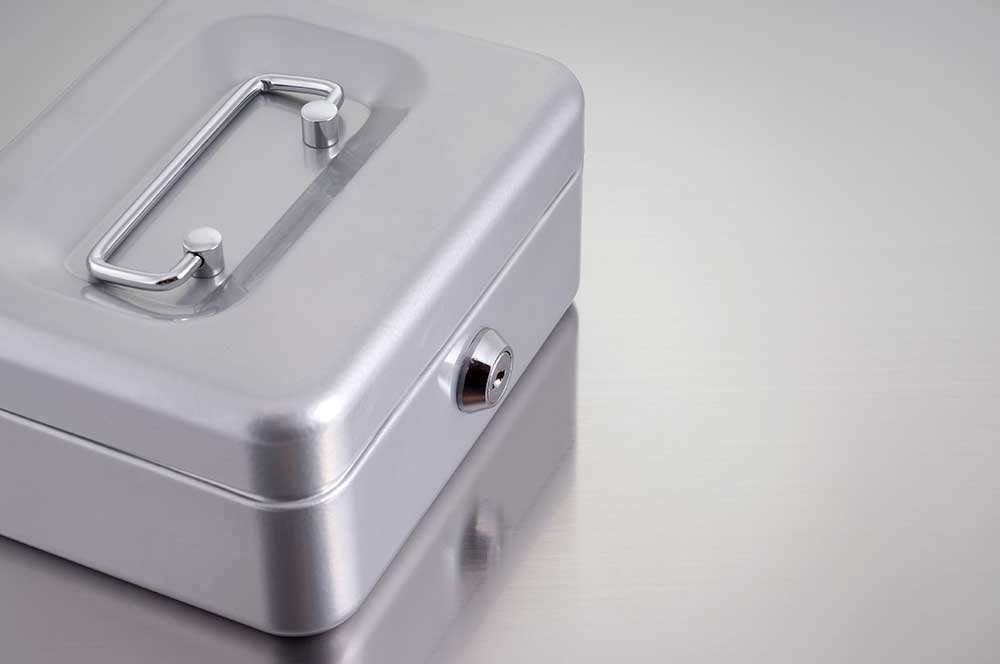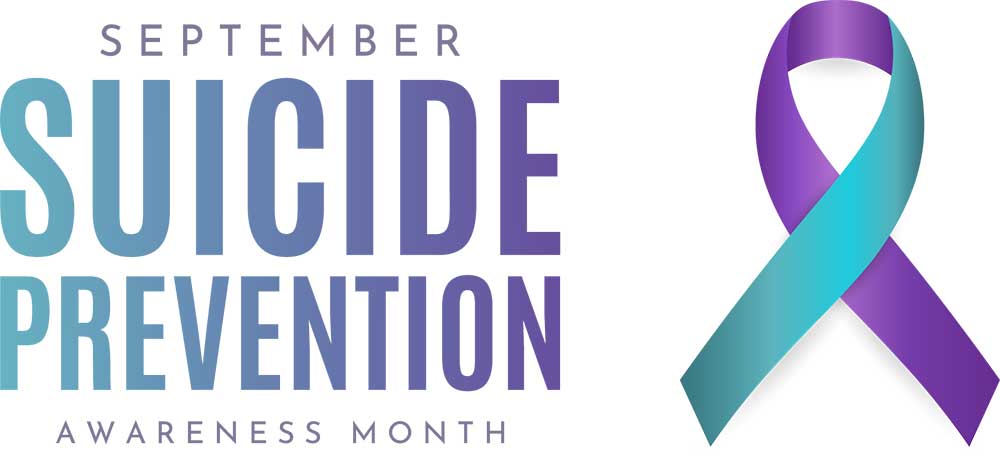Suicide prevention and safety: Reducing access to lethal means
September is National Suicide Prevention Month. According to the CDC, deaths by suicide are at an all-time high with nearly 50,000 Americans taking their own lives in 2022. This number marks a 3% increase from the previous year. Also included in the report is that 90% of Americans believe a real mental health crisis is affecting our communities.
As a national provider of mental health services for children and families, Youth Villages is dedicated to bringing awareness on ways to help prevent suicidal acts and attempts. While there are many signs to be aware of related to suicide, one of the top things for parents and relatives to focus on is removing access to items that could be used in a suicide attempt.
Triggered not only by mental health or substance use, suicidal thoughts also are often brought on by stress and external events such as an arrest, an argument or a relationship breakup. However, these thoughts often are not long lasting. This is where reducing access to lethal methods (e.g., a gun or medication) before a suicidal crisis occurs can help save a person’s life.
Firearms are used in more suicide deaths in the U.S. than all other methods combined, according to the Harvad School of Public Health. Suicides make up three in every five gun deaths. Quick and easy access to a loaded firearm during a suicidal crisis adds a lot of risk.
If you or someone you know is struggling with suicidal ideation, carrying out these simple steps to reduce access to lethal methods will make the situation safer if suicidal feelings arise:
-
Store guns away from home while someone in the home is going through a rough period. It’s like keeping the keys from a driver who’s been drinking. Temporary off-site storage is the safest approach. Here are some options:
- Relative or friend: Be sure they are not prohibited from possessing firearms (e.g., due to conviction for felony or domestic violence). Also, find out if your state has laws governing temporary transfers of guns between individuals.
- Self-storage rental unit: Store guns unloaded.
- Gun shop or shooting range: Some may offer storage options for a fee or as a free service to regular customers/members. You may need to go through a background check to retrieve your guns.
- Pawn shop: For a small loan, you can leave your guns with a pawn shop in most states. To retrieve them, you need to repay the loan and interest, and go through a background check.
- Law enforcement: Some police departments will hold guns on a temporary basis in an emergency. Some will even pick them up. Check their policies before bringing any guns in.
-
Other options for firearm storage:
- Lock firearms in a gun safe or tamper-proof storage box (ideally with ammunition locked in a separate location) and keep the keys/combinations away from the person at risk.
- Disassemble guns and store key components like the slide or the firing pin separately or away from home.
-
If the above options aren’t possible, anything that delays access can help. Consider the following:
- A locked gun is safer than an unlocked gun, no matter who holds the key.
- An unloaded gun means a lower suicide risk, especially if ammunition is stored separately or away from the home.
- Hiding guns is not recommended. Family members — especially children and teens —can often find them (even when you think they can’t).
- If you keep a gun loaded for self-defense, consider keeping the gun in a lock box. If you are the one at risk of suicide, consider asking someone else to hold the key or change the combination so you won’t have access when you feel at your lowest.
- Your local law enforcement agency may have resources to give individuals in the community such as trigger locks and lockboxes. Contact your local police department to inquire about resources offered in your community.

Firearms are not the only potentially lethal item that can be found in homes. Other items that can be secured to increase safety include knives, ropes, razors, shoestrings, cords, cleaning products, and both prescription and over-the-counter medications. A few guidelines:
- Ensure you are securing or disposing of these items safely.
- Keep only nonlethal quantities of medication on hand.
- Dispose of any unneeded or expired medications from your home.
You can find more information on how to properly dispose of extra medications by contacting the Poison Control Center at 800-222-1222.
If you or someone you know is struggling with thoughts of suicide, there are local and national resources that can help. Please don’t hesitate to reach out if you are struggling; providers want to hear from you. Call the National Suicide Prevention Lifeline to learn more: 800-273-TALK (8255) or 988 (Suicide and Crisis Lifeline).
If you or your loved one are already in treatment and things aren’t getting better, consider a different treatment. Don’t give up until you find a treatment and support that works.

